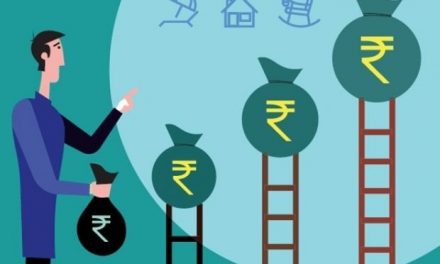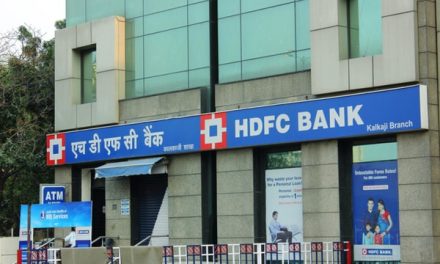Finance minister Nirmala Sitharaman on Friday signaled that the Centre may push to limit changes in goods and services tax rates by the GST Council to only once a year instead of continuing to allow frequent tweaks. Speaking at the 18th edition of the Hindustan Times Leadership Summit, Sitharaman seemed to suggest that apart from the economic downturn prior to and post the pandemic, the frequent tweaking in the GST rates adversely impacted revenue collections.
“Ideally, I have been requesting that the council doesn’t in every one of its sittings, decide to change rates upwards or downwards. It actually upsets the calculation of your revenue generation. As a result, states or the Centre’s planning that this year they expect so much to come from GST need to be recalculated every three months after a council meeting,” she said.
WhatsApp update: Users must agree to a new privacy policy in 2021 or ‘delete account’
“Like in the Budget, taxation-related issues, particularly (GST) rates, can be dealt with once, so that at least for the next 12 months, there is a predictable course. I am sure the GST Council will not hesitate to discuss and take a call on this,” Sitharaman said.
The minister’s suggestion comes at a time when the central and state governments are facing an acute revenue crunch arising from the economic recession as well as frequent tax rate cuts.
Experts, however, said that the frequent tax rate cuts in the initial years of the GST rollout had helped in fine-tuning the new tax system and in keeping it flexible, though it came at a cost to the exchequer.
“While GST rate changes in the past signified the flexible approach adopted for taking care of the issues faced by businesses, there is a need to have a defined process and periodicity for future rate changes,” said M.S. Mani, partner, Deloitte India.
On the signs of economic recovery, Sitharaman said the current upturn in GST collection in the past two months is not just the outcome of pent-up demand and that the recovery is likely to sustain in the coming months.
“I am not just sure if just the pent-up demand or festival demand will explain consistent, more than ₹1 trillion monthly collections in GST for two months,” she said.
“Yes, this is the season when festive demand adds a bit more fervour to demand, which prevails through in a year, but I also talk to industry leaders—like core sector industries such as cement, iron and steel—who are looking at capacity expansion. It is an indication that additional demand is what is coming in and is likely to sustain,” she added.
On inflation, which has forced RBI to pause its rate-cut cycle, Sitharaman said she is not worried about the high level, as it is seasonal in nature.
“Rise in prices in commodities is largely seasonal. The government is very frequently looking at changes and taking conscious calls for imports and sorting out logistical issues. The blip in inflation will ease out. I don’t see food inflation continuing,” she added.
Asked if RBI’s reluctance to further cut policy rates puts additional pressure on the government to take more fiscal measures to revive the economy, she said it would need delicate and continuous real-time balancing by both the monetary and fiscal authorities to revive the economy.
The RBI on Friday projected the Indian economy to contract 7.5% in FY21, better than the 9.5% contraction it projected just two months ago.
On the coronavirus vaccination programme, Sitharaman said she needs to know the cost per dose and cycle of the vaccine to decide how much to allocate in the Budget for it.
“As of today, we don’t know whether it is going to be one dose or two doses or whether recurrent doses need to be given after six months. Whichever vaccine gets cleared and once it is cleared, I need to know the cost per dose and the cycle of the dose, only then can I think of a number,” she said.
On an RBI panel’s recommendation on giving banking licences to large corporates, she said that the issue was discussed in the past as well. “RBI itself has not taken a position. These are not new discussions or discussions happening only now and just under this governor. These discussions have happened under earlier governors. Decisions have been taken based on this earlier,” she said, adding that NBFCs have been given banking licences in the past.











